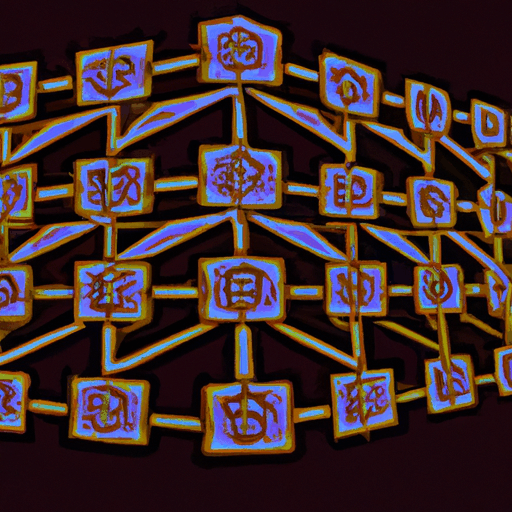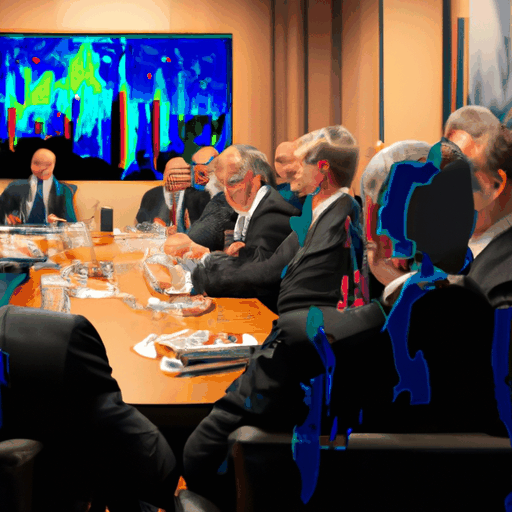
Christie's Shifts NFT Department as Crypto Seizure Case Arises
By: Isha Das
In a significant move reflecting current trends in the digital art market, UK's renowned auction house, Christie’s, has reportedly decided to close its dedicated department for non-fungible token (NFT) sales. This strategic shift aims to incorporate NFT auctions under a broader category that includes 20th and 21st-century art pieces. Despite the closure of its dedicated department, Christie’s remains committed to selling digital art, addressing market demand despite the global decline in art sales.
The decision to wind down the NFT department comes amidst reports by Now Media, which mentions that two employees, including the vice president of digital art, were laid off in response to this realignment. Nevertheless, at least one digital art specialist will continue to be part of Christie’s team to maintain its foothold in the evolving landscape of digital collections.
In another facet of cryptocurrency news, German authorities faced a setback with a cryptocurrency seizure tied to the infamous Movie2K piracy website. According to a report by The Block, approximately 45,000 Bitcoin, which are currently valued at over $5 billion, went unseized until 2019. The long-dormant Bitcoin stash was inaccurately left unchecked before it was unexpectedly transferred to new addresses, raising concerns over asset recovery in legal contexts involving cryptocurrency.
Both these developments illustrate the intricate challenges and decisions facing the digital economy. Christie's adaptation to the evolving art market by integrating NFTs into broader categories, along with the complexities in cryptocurrency management showcased by the unclaimed Movie2K Bitcoin stash, highlight the continuing evolution of digital assets and their impact across different sectors.



